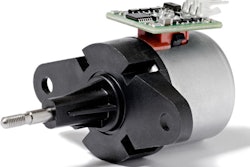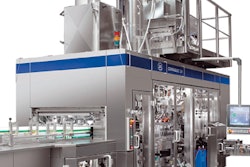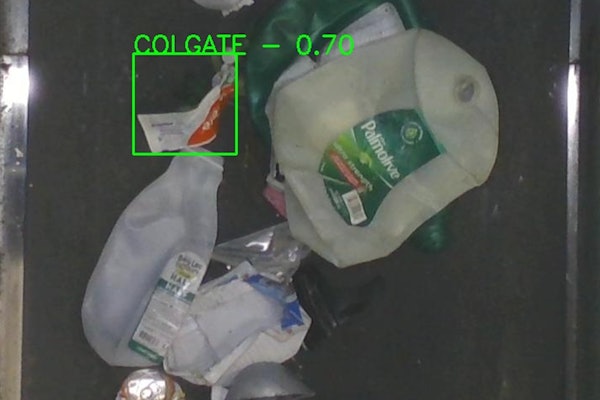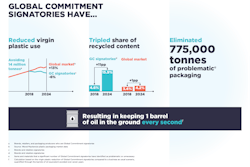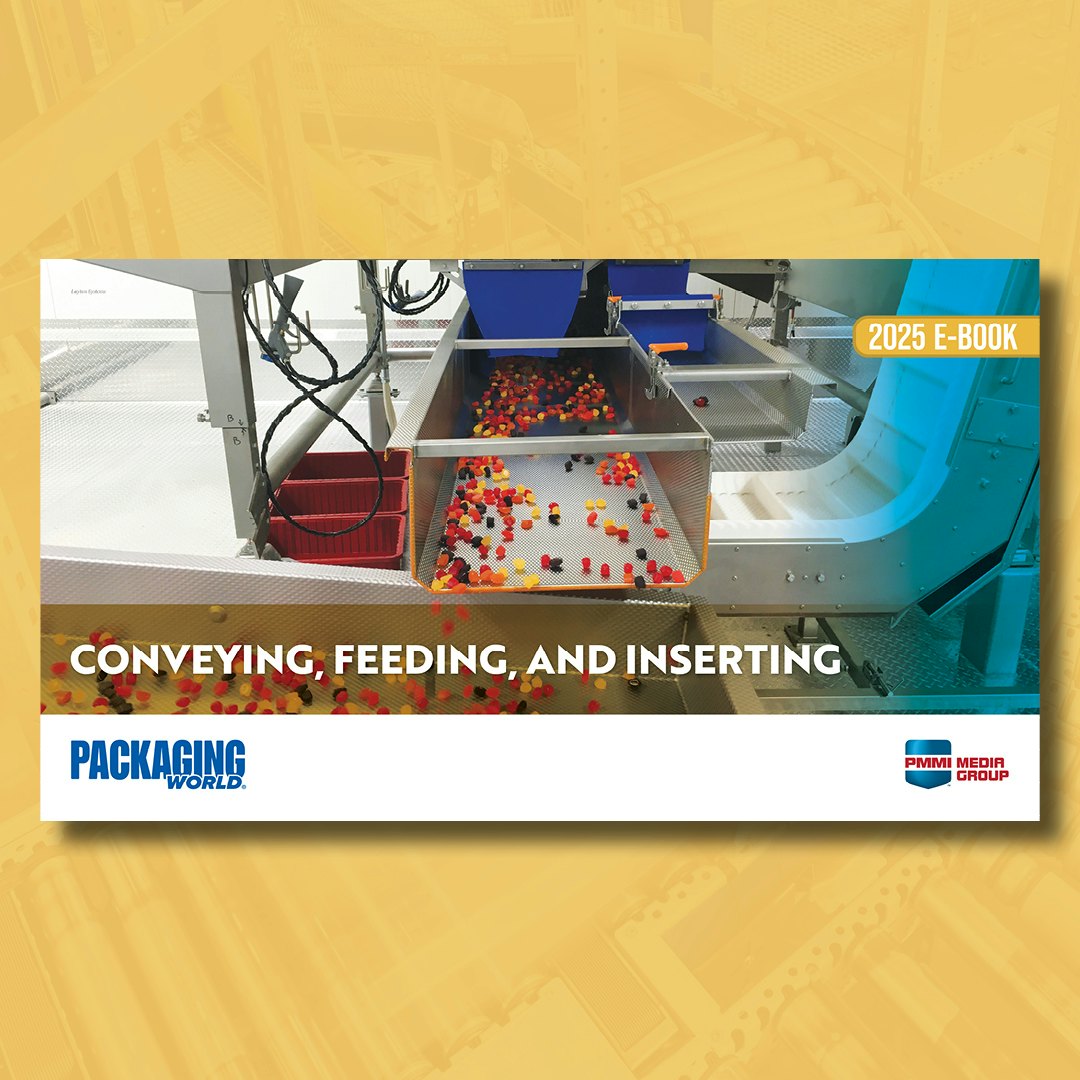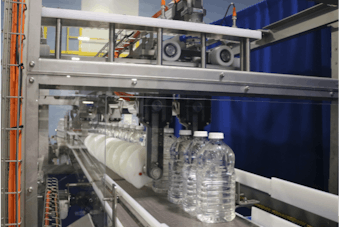
This just in from business analysts at Frost & Sullivan: “Intense competition amongst all end users is driving the European Manufacturing Execution System Market (MES). The end users from both process and discrete industries are going to invest in MES to boost their productivity, integrate the global value chain, and enable innovation and the shift to sustainable production while reducing the time to market and business risk.”
But wait, there’s more: “Ensuring profitability and sustaining competitive advantage – this is a continuous process, which can only be achieved by gaining real-time information from business systems and the production line. Data collection in real time is an integral function of the MES implementation.’
Why am I struck by this analysis at this particular point in time? Because the PowerPoint presentations for this year’s Packaging Automation Forum are now coming in from the speakers who are on the program. And guess what? The messages being delivered by many of the speakers dovetail with the message of the Frost & Sullivan analysis. Connecting business systems with production, specifically packaging lines, is what our Packaging Automation Forum presentations are all about. The speakers may call it MES (Manufacturing Execution System) or EMI (Enterprise Manufacturing Intelligence), and it may be home grown or purchased from a vendor, but it’s part of their method of doing business and it reaches powerfully into their packaging lines.
Permit me to share some sneak previews from the Packaging Automation Forum. Here’s how Perrigo’s Jim Flandreau, business process analyst at the world’s largest OTC drug and nutritional supplement manufacturer, will frame the challenges Perrigo faced a few short years ago:
• Shop floor not integrated with ERP system
• Lack of visibility at operational levels in facilities
• Lean sigma initiatives to create improvements, but lack of tools for controls and metrics
• Numerous repositories of data, but no real information for analysis
• Multiple ways of accumulating the metrics—Excel MES strategy
• Need for proper tool to achieve dashboards for reporting and display
Flandreau will then proceed to share benefits gained once an SAP Manufacturing Integration and Intelligence (MII) solution was put into place. Those benefits include:
• Automation of packaging performance
• Removal of white space in operators’ day-to-day activities
• First steps towards paperless system
• Information real time, not after a week has passed
• Lean Sigma tool enabler
• Operator acceptance and buy in to process
Also on the program at the Packaging Automation Forum will be Mike Viland and Steve Bennek of General Mills. Mike is manager of packaging engineering and Steve is manager of controls & information systems. They’ll describe a General Mills past where, because accurate and comprehensive line performance information was not available, decisions were based on opinion. Packaging line management was done on a “problem du jour” basis. They will then describe General Mills’ journey in line performance tracking. And they’ll conclude with comments on what they’d like to see in the future.
In addition to Perrigo and General Mills, other speakers at the Packaging Automation Forum will include Pepsico, L’Oreal, Lion Nathan Brewery, and Mars, whose controls engineering manager David Shaw will describe how operators equipped with a Wonderware MES tool are being transformed from physical craftsmen to information craftsmen.
There’s still time to register for the May 3-4 Packaging Automation Forum, which is being held in Chicago. Visit www.packworld.com/paf. See you there?




